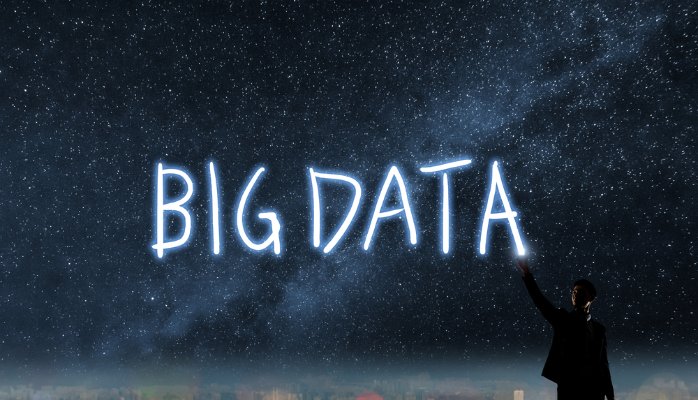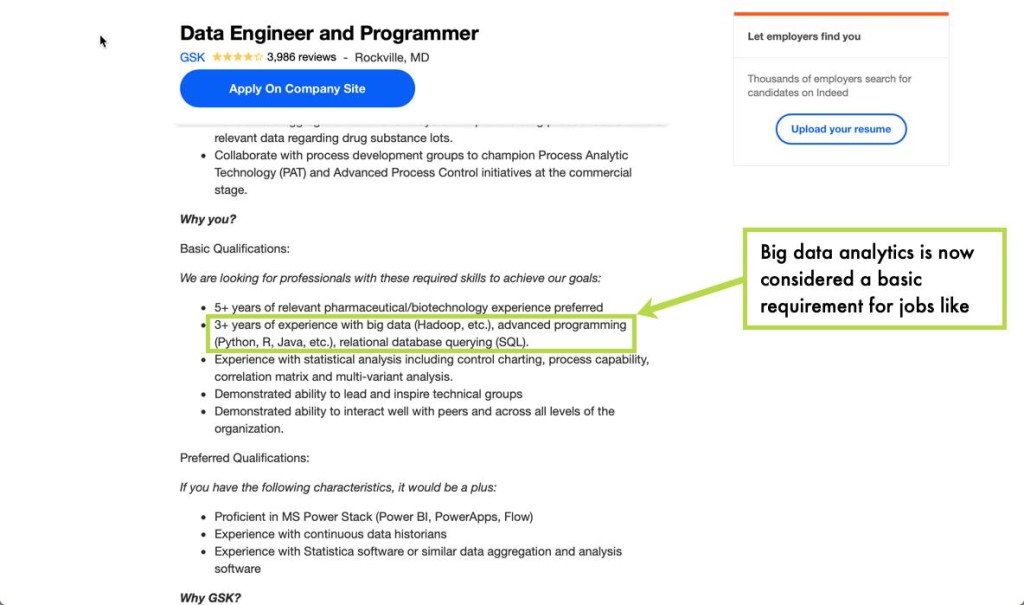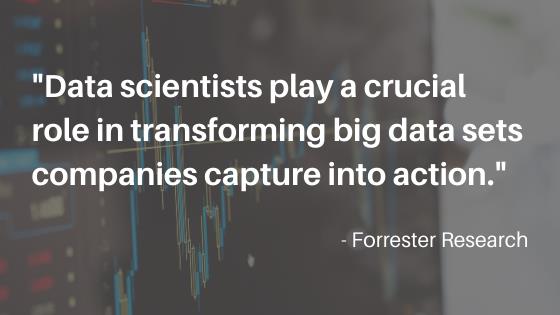5 Best Big Data Analytics Courses to Learn Online

This is evident by the fact that today you will find various job openings requiring big data analytics as one of the required skills potential candidates must possess before applying.
The technological advancements we’ve experienced in recent years have made this possible.
Aside from streamlining andvarious tasks and activities, the technology we now have today makes it possible to generate and acquire massive volumes of data quickly.
Unfortunately, the massive amount of data available combined with the speed they’re acquired is overwhelming data analysts using traditional methods.
As a result, analysts and even other professionals like marketers, product developers, and consultants are brushing up their skills by enrolling in online big data analytics courses.
However, not all courses are created equal.
That is why we’ve collected the 5 best big data analytics courses to learn online so that you maximize your time and develop the right skills you need.
1. Big Data Hadoop Certification Training Course
If you’re already familiar and comfortable with coding using Java’s programming language, this will be an ideal big data analytics course to consider.
That’s because Hadoop is an open-source framework built using Java to process big data sets.
One significant advantage of completing this certification is that it’ll help you get a job in top tech companies since this is the framework used by the likes of Facebook, IBM, and Amazon.
Completing this certification course also opens you to two career paths.
The first is that you can become a Hadoop developer. This is great if you enjoy creating programs and applications.
You can also opt to become a Hadoop administrator. This type of role involves maintaining and enhancing the current frameworks in place, depending on the needs of the company or organization.
2. Data Science Certification Training
This is perhaps the most popular type of certification course developers, and non-developers enroll in.
For one, this certification includes comprehensive modules that’ll give you the knowledge and hands-on experience in collecting, organizing, and analyzing big data sets.
It also teaches you concepts like combining statistical data and various methodologies like machine learning and, of course, data analysis.
Second, completing a data science certification gives you the credentials you need to become a data scientist.
Of all the different career paths available, becoming a data scientist is the most popular.
Just take a look at the average number of searches done each month for the keyword “data scientist jobs.”

If you check on job sites like Glassdoor and PayScale, the average salary that a data scientist earns in the US is approximately $120,000 each year.
Even if you only manage to land a data scientist intern role, you’re still looking at potentially earning an annual salary of about $97,000. That’s still significantly higher than the average annual salary traditional data analysts receive.
Imagine what you can do and have with all the extra cash.
3. Data Science with Python Certification Training
As you may have guessed, the key difference between this big data analytics certification course and the previous ones we’ve looked at is that this focuses on using Python.
Why Python?
Because it’s now quickly becoming the favorite programming language among companies that use big data analytics.
For starters, the programming language is straightforward to learn and understand.
Take a look at these two code snippets below. Both are meant to do one specific action: to print the phrase “Hello World” on the screen.
On the left is the snippet created using Java, while the one on the right is the equivalent code in Python.

At the same time, Python is also the programming language used on three of the most important libraries used by data scientists.
4. Machine Learning Certification Course
Data-driven companies and organizations invest in at least one Machine Learning as a Service (MLaaS) tools for their data scientists process and analyze big data sets.
One reason is that MLaaS tools can be “trained” to perform repetitive and tedious tasks like collecting and cleaning massive volumes of data with hardly any human intervention.
That means data scientists can focus their time and attention on analyzing the processed big data analytics and organize the results in a way that’ll be easily understood by the decision-makers.
As a result, they can have access to the analysis coming from the big data collected and processed to come up with pragmatic decisions and solutions.
Developers that complete a machine learning certification course will get hands-on experience developing supervised and unsupervised machine learning algorithms specifically designed for big data analytics.
5. Deep Learning Course with TensorFlow
Deep learning is a relatively new type of AI and machine learning algorithms.
The difference is that deep learning techniques and methodologies are, that the big data sets go through several layers.
In essence, deep learning algorithms are designed to mimic the way that the human brain processes things eventually.
This particular big data analytics course will also provide you with the opportunity to learn various deep learning models, methods, and techniques using TensorFlow.
Google developed this open-source software library. Today, it’s one of the most widely utilized software platforms that developers use for deep learning tools and networks.
Aside from learning the different concepts, completing this certification course will also equip you with the knowledge to develop deep learning models and interpret these results.
Big data analytics career paths begin with a single step.
As companies and organizations continue to benefit from utilizing big data analytics in their crucial decision-making processes, demand for data scientists and analysts continue to grow.
The fortunate ones who get in enjoy fruitful and exciting careers and live comfortable lives. The number of undergraduate students who choose a computer science degree is increasing significantly. One of the main problems that college graduates face today, according to the information of the essayadvisor company, is employment search.
However, this problem does not affect those who graduated in computer science. At IT faculties 89-93% of students find jobs.
Completing any of the big data analytics courses recommended here will allow you to join them on this part, as well.



























